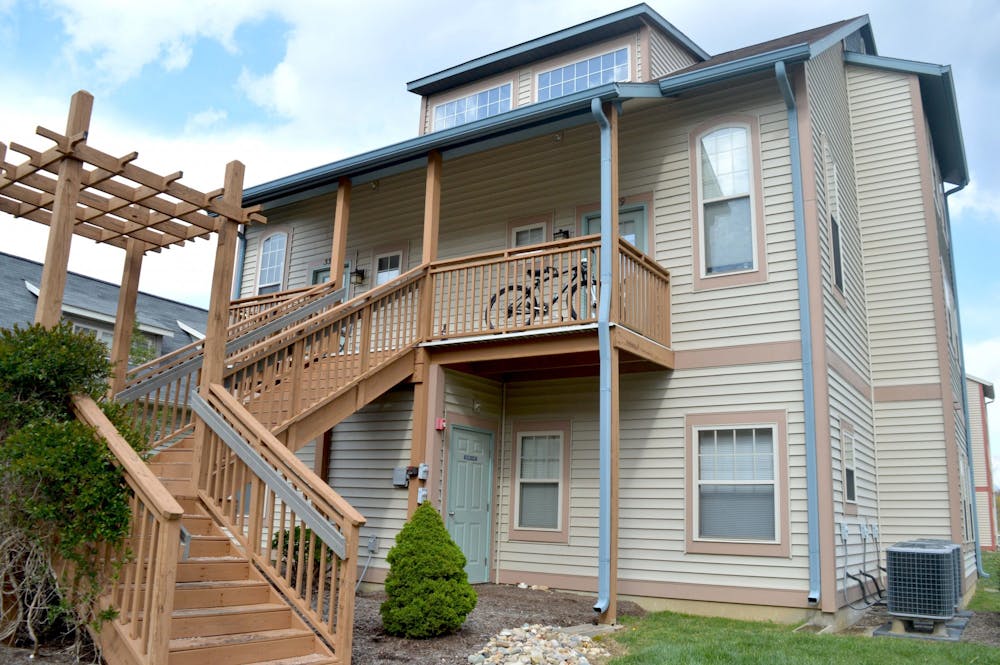The Bloomington City Council will amend the city Plan Commission’s zoning recommendation and allow duplexes on a conditional basis after a 9-0 vote Wednesday. This means new duplex developments would need to undergo a review by the Board of Zoning Appeals before developments could be constructed.
This new amendment serves as the compromise proposal on the council, with Council President Jim Sims going so far as to call it a “middle ground” Wednesday. The proposal — sponsored by Sims and Councilmember Isabel Piedmont-Smith — aimed to find a compromise between members of the council and the Plan Commission’s recommendation to the council.
A proposal from three council members would have not allowed duplexes in most areas of the city, but it was defeated in a special session Tuesday night. The Plan Commission recommended March 29 that duplexes be allowed in nearly all areas of the city that were previously zoned for single-family housing.
Councilmember Dave Rollo, who co-sponsored Tuesday night’s amendment to reject the Plan Commission’s recommendation, said he was worried that the Board of Zoning Appeals does not reject applications to build duplexes.
“The record of hearings before the BZA invariably results in approval if code is met,” Rollo said.
Development Services Manager Jacqueline Scanlan said petitioners who want to build duplexes have to meet with city staff before they petition to the BZA. If city staff voice their opinion that the proposal would not meet Bloomington city code, the petition often does not make it to the BZA, Scanlan said.
“More often than not, if they’re not certain they can meet the requirements, they will not file,” Scanlan said.
Councilmembers Susan Sandberg and Rollo said they plan to file more amendments in the coming days that would create more stringent requirements to build duplexes. Those amendments could be filed and heard as soon as Thursday.
Councilmember Sue Sgambelluri voiced concerns that people who live near sites of potential duplexes will have barriers to stopping an approval from the BZA.
For example, if a resident were to discover their neighbor was petitioning the BZA to build a duplex on their lot, the city would provide a notice the BZA is holding a hearing. If the BZA were to rule in the neighbor’s favour, Sgambelluri said she is worried there would not be an equitable way for the resident to appeal that decision as an aggrieved party.
City attorney Mike Rouker said there is some precedent that BZA decisions can be overturned on appeal in the state court system.
“There are situations in other Indiana counties where Board of Zoning Appeals decisions have been overturned,” Rouker said. “There have certainly been cases where neighbors have had standing to appeal decisions by Boards of Zoning Appeals in Indiana.”
Sgambelluri expressed equity concerns that only residents who had the means to pay a lawyer for the litigation would be able to appeal a decision from the BZA.
The Bloomington City Council will meet at 6:30 p.m. Thursday to consider more amendments to the Plan Commission’s recommendations on duplexes.




